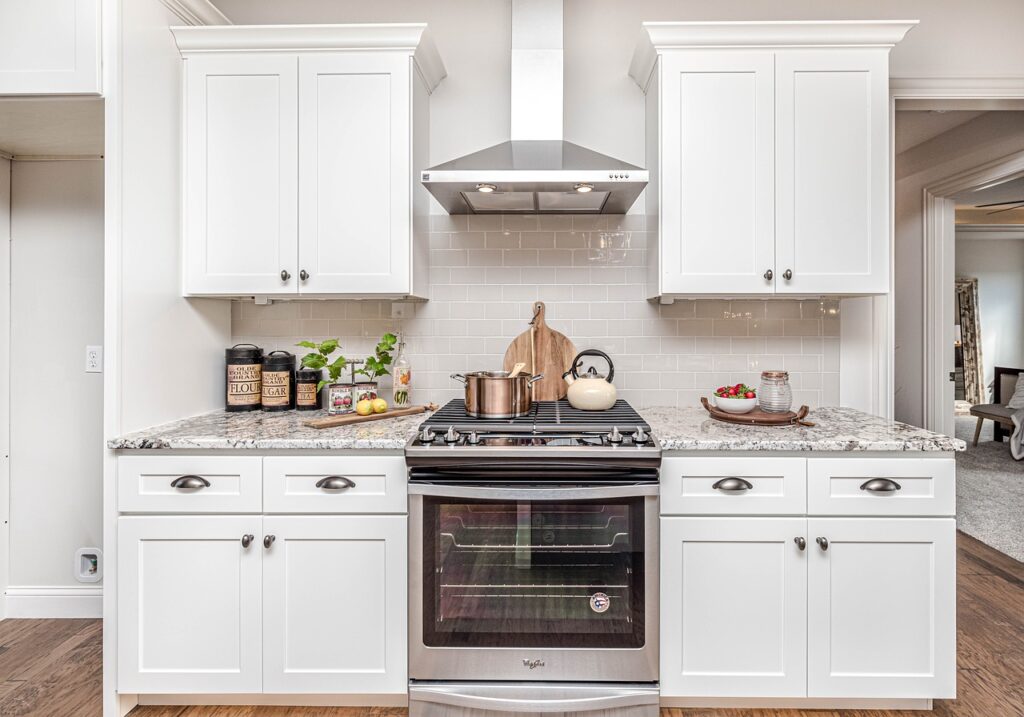When it comes to cooking, the type of stove you choose can have a significant impact on your kitchen experience. Two of the most common options for homeowners are gas and electric stoves. Both have their own sets of advantages and drawbacks, and the right choice for you will depend on your cooking habits, budget, energy preferences, and even the design of your kitchen. If you’re torn between installing a gas or electric stove, this guide will walk you through the key factors to consider and help you make an informed decision.
Understanding the Basics
Before diving into the pros and cons, it’s essential to understand the fundamental differences between gas and electric stoves.
Gas Stoves: These stoves use natural gas or propane as fuel, providing an open flame for cooking. The flame can be easily adjusted, offering precise control over cooking temperatures.
Electric Stoves: Electric stoves, on the other hand, rely on electricity to power heating elements. These elements can be either coil burners or smooth, ceramic glass cooktops. Some electric stoves also feature induction cooktops, which use electromagnetic energy to directly heat pots and pans.
Factors to Consider When Choosing Between Gas and Electric Stoves
Cooking Performance and Temperature Control
Gas Stoves: One of the biggest advantages of gas stoves is the superior temperature control they offer. The visible flame allows for instant adjustments, which can be a game-changer for cooking techniques that require precise heat management, such as simmering sauces or searing steaks. Gas stoves also heat up quickly, allowing you to start cooking immediately.
Electric Stoves: While electric stoves offer steady and even heat distribution, they can be slower to heat up and cool down compared to gas. For basic cooking tasks, electric stoves perform well, but they may not provide the same level of precision that serious home chefs desire. However, induction cooktops—an advanced type of electric stove—offer rapid heat and precise temperature control, often rivaling gas stoves in performance.
Energy Efficiency and Cost
Gas Stoves: Depending on your location, gas stoves can be more energy-efficient and cost-effective to operate than electric stoves. Natural gas tends to be cheaper than electricity in many regions, making gas stoves an appealing choice for those looking to save on utility bills. However, gas stoves can lose some efficiency if your home isn’t already connected to a gas line, requiring costly installations or propane tank deliveries.
Electric Stoves: Electric stoves generally convert energy more efficiently into heat, as all the energy goes directly into heating the elements without much waste. However, electricity tends to be more expensive than natural gas, so running an electric stove may increase your energy bills. Induction cooktops are among the most energy-efficient options available since they only heat the cookware and not the surrounding air.
Installation and Kitchen Design
Gas Stoves: If your kitchen already has a gas line, installing a gas stove is straightforward. However, if there is no existing connection, installing one can be expensive and might involve major renovations. Additionally, gas stoves require proper ventilation to prevent the buildup of harmful gases like carbon monoxide, so you’ll need to consider the placement of your range hood or other ventilation systems.
Electric Stoves: Electric stoves are typically easier and cheaper to install since most kitchens already have the necessary electrical outlets. They also require less ventilation than gas stoves. If you’re remodeling your kitchen or moving appliances, electric stoves offer more flexibility in terms of placement since you’re not constrained by the location of a gas line.
Safety Considerations
Gas Stoves: While gas stoves provide excellent cooking performance, they come with potential safety risks. Gas leaks, if not properly handled, can lead to fires or explosions. Moreover, the open flame can pose a burn hazard, especially in homes with young children. Ensuring that your gas stove is installed correctly and that you have working carbon monoxide detectors in your home is crucial for safety.
Electric Stoves: Electric stoves are generally considered safer than gas stoves because there’s no risk of gas leaks. However, the heating elements can stay hot for a while after being turned off, posing a burn risk if you’re not careful. Induction cooktops, which only heat the cookware, are the safest option among electric stoves, as the surface remains relatively cool to the touch.
Cooking Preferences and Lifestyle
Gas Stoves: If you love cooking and often use a variety of techniques, a gas stove might be the better choice. Many professional chefs prefer gas for its responsiveness and versatility. Gas stoves are also better suited for certain types of cooking, such as charring, roasting peppers, or quickly stir-frying at high temperatures.
Electric Stoves: If you primarily cook simple meals or appreciate the convenience of a low-maintenance stove, an electric model might be more suitable. Electric stoves require less frequent cleaning than gas stoves, and smooth glass cooktops, in particular, are easy to wipe down. Additionally, if you’re environmentally conscious, choosing an electric stove powered by renewable energy can reduce your carbon footprint.
Maintenance and Longevity
Gas Stoves: Gas stoves can be more complicated to clean and maintain due to their burners and grates. Food spills can get stuck in the burners, requiring regular disassembly and cleaning. However, gas stoves are generally known for their durability and can last many years with proper care.
Electric Stoves: Electric stoves are easier to clean, especially smooth cooktops, which only require a wipe-down after cooking. Coil burners can be more challenging to clean than smooth surfaces, but they’re less complex than gas burners. Electric stoves typically have fewer parts that need replacing over time, although the heating elements may need to be replaced occasionally.
Conclusion
Choosing between a gas and electric stove ultimately comes down to your personal preferences, cooking style, budget, and kitchen setup.
Choose Gas if you’re looking for precise temperature control, quick heating, and are an avid home chef. Gas stoves are also great if you already have a gas line installed and prefer the cost savings of natural gas.
Choose Electric if you prioritize safety, ease of installation, and convenience. Electric stoves are ideal for those who want a sleek, easy-to-clean option and don’t need the high precision of gas. Induction cooktops, in particular, offer a blend of electric stove safety with near-gas stove performance.
No matter which option you choose, both gas and electric stoves can provide excellent cooking results. Weigh the pros and cons of each, consider your lifestyle, and make the choice that best suits your home and your needs.

